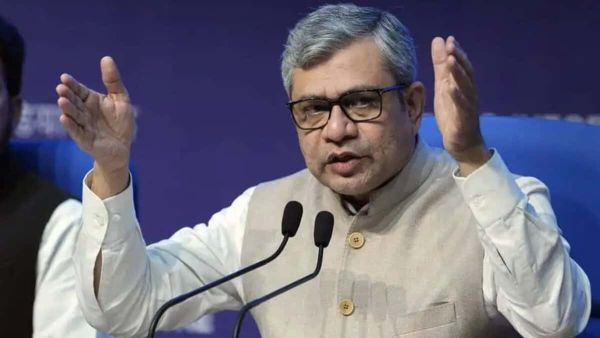
India and the United Kingdom are poised to sign the long-anticipated Free Trade Agreement (FTA) on Thursday. Prime Minister Narendra Modi is embarking on a two-day official visit to the UK, with the signing of this historic pact expected to be the centrepiece of discussions. The deal aims to deepen cooperation in critical sectors including defence, technology, and trade, marking a significant shift in bilateral engagement.
Agriculture At The Heart Of The Agreement
The most transformative impact of the FTA is anticipated in India’s agricultural sector, which supports over 55 per cent of the nation’s population. The agreement is crafted to enhance agricultural value chains, uplift rural economies, and introduce Indian farm products to premium global markets—particularly in the UK.
The pact guarantees duty-free entry for a wide array of agricultural and processed food items, such as turmeric, cardamom, mango pulp, pulses, and pickles. This tariff elimination will not only boost profit margins but also improve the global competitiveness of Indian produce.
Creating Opportunities
More than 95 per cent of tariff lines for agricultural and processed foods will face zero duties once the agreement is enacted. This includes products like ready-to-eat meals, fruits, vegetables, spice blends, and cereals. The resulting cost advantage is expected to drive retail expansion in both mainstream and ethnic UK markets, translating into better incomes for farmers, more employment in rural areas, and stronger incentives for quality standards and packaging.
Crucially, the agreement also shields India’s sensitive agricultural sectors, including dairy, apples, edible oils, and oats—ensuring protection for domestic producers while advancing trade interests.
The deal is forecasted to increase India’s agricultural exports by over 20 per cent within three years, helping the country inch closer to its $100 billion agri-export goal by 2030. Simplified certification processes and streamlined technical barriers will further ease trade operations for exporters.
Fisheries Sector To Tap UK’s Billion-Dollar Market
India’s fisheries sector, particularly in states like Andhra Pradesh, Odisha, Kerala, and Tamil Nadu, stands to gain from access to the UK’s $5.4 billion marine import market. Products such as shrimp, tuna, and fishmeal, previously subject to import duties of 4.2–8.5 per cent will now be exempt, opening the floodgates for rapid export expansion.
Enhanced sanitary and phytosanitary standards will make it easier for Indian exporters to meet UK quality norms, reducing the risk of rejections and building stronger trade ties.
Driving Premium Indian Brands Global
Beyond commodities, the FTA is designed to position India as a global leader in branded food and beverage exports. Instant coffee, spices, and tea—already seeing steady UK demand—are expected to surge with the elimination of tariffs. Indian instant coffee, for instance, will now directly compete with German and Spanish exports in the UK’s high-end markets.
Oilseed producers will also benefit from expanded consumer access, while India’s craft alcoholic beverages, including Goa’s feni and Nashik’s artisanal wines, will receive Geographical Indication (GI) recognition and visibility in elite UK retail channels.
-
Over 78 pc Indian Railways tracks upgraded for speed of 110 kmph & above

-
List of 14 titles premiering on OTT this week [July 2025]

-
Mumbai police oppose bail for accused in Saif Ali Khan stabbing case

-
The Fab Five: England's Top 5 Test Centurions

-
Ibrahim Ali Khan Wins Internet With Sweet Gesture For Specially Abled Fan, Watch
